How will ISIS use media in the war it provoked? - ANALYSIS
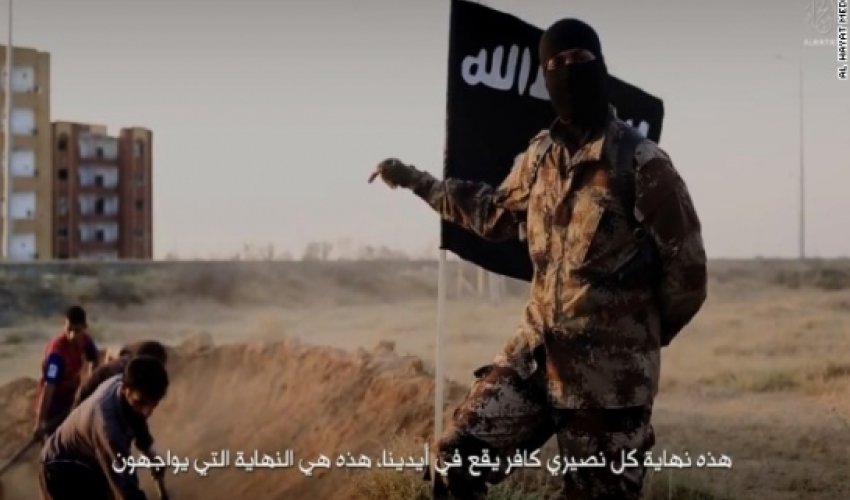
Whether or not this new label will help increase the number of countries willing to join the U.S. in the fight against ISIS remains to be seen. Old, trusted allies will doubtless follow. Britain's Prime Minister David Cameron has already vowed that his country will "play its part."All Cameron needs is parliamentary approval, which is expected Friday -- and maybe his own new label for ISIS.But how will the "network" react? How will it strike back? It is of course difficult to see how ISIS could successfully resist U.S. air power in the long run. Yet this conflict is first and foremost a political confrontation. The many wars in the Middle East since 9/11 have shown that messages matter. And in this regard the ISIS "network" is bound to continue to do just fine.This is not so much because ISIS and its supporters have created media arms like those radical Islamic groups al-Furqan or al-Hayat. Nor has it much to do with the ability to spread their videos by using Twitter-bots or multiple YouTube accounts, clever hashtags, mobile phone apps or more obscure social media sites to evade counter-measures by police and security agencies. It has all to do with the message itself. If it resonates, it will spread.Goaded into action?ISIS has already portrayed the mere fact that Obama has decided to use military force as a success. Groups like ISIS crave recognition. Acknowledging them as a major threat -- and taking counter-measures -- does just that. It guarantees extensive coverage in traditional media.ISIS' first reaction after the start of the bombardments was to point out that Obama, like George Bush before him, was drawn into a conflict that he could not win. ISIS got what it wanted -- a direct confrontation with the US and an opportunity to link Obama to the widely discredited military strategy of his successor.Provoking and unsettling is a major part of ISIS media strategy. The group knows Western audiences as well as local and regional ones. Hostages are shown in the familiar Guantanamo-style orange jump suits: "What you did to us, we can do to you," is the simple message. Not new, but tried, tested and successful, particularly with local audiences.Recruiting Western MuslimsMost unsettling to Western audiences is that disaffected Muslims from their own nations are drawn to join the conflict. It is hardly necessary for the ISIS leadership to threaten retaliation in Western countries.A few more posts, pictures or videos featuring ISIS fighters with French, British or German voices are sufficient to scare Western politicians and their respective electorates. They might even provoke counter-measures like stricter border controls, passport restrictions and increased surveillance. They might also lead to new types of profiling, which may well backfire and encourage yet more young men to travel to Syria to take up the fight for the self-proclaimed Islamic State, as ISIS has proclaimed itself to be. Western counter-messages and social media offences will hardly prevent this.So in essence, it is as simple as to keep doing what ISIS media people are already doing. Merely resisting U.S. military pressure as long as possible will strengthen ISIS's message. As will the potentially devastating consequences of U.S., French or British bombing raids on civilian populations.Adding varietyAdding a few videos of successful ISIS attacks or evidence of dogged resistance will also help. Hostage videos alone will lose their impact over time, however gruesome they are. A little variation is needed. The new "lecture series" of British hostage John Cantlie shows that ISIS is aware of that.Whether Obama's "network of death" is the appropriate phrase or not, it is certainly true that ISIS and affiliates form a network. But even if ISIS were to become seriously "degraded," it is difficult to believe that the whole network can be dismantled.At the heart of the current turmoil in the Middle East is a civil war within Islam. Being regarded as the one force that stands up to U.S. and Western military power is bound to boost ISIS's reputation in this struggle.The media prominence ISIS has achieved is also bound to encourage other groups to embark on similar "media work." The "network of death" is in an excellent position to continue to create ISIS-style media messages. The video of the beheading of French mountain guide Herve Gourdel, posted by the Algerian ISIS affiliate on Wednesday, is only the most recent example.(CNN)Bakudaily.Az
























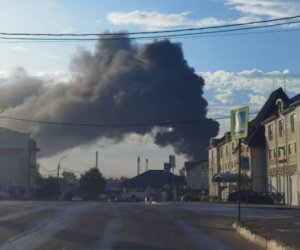
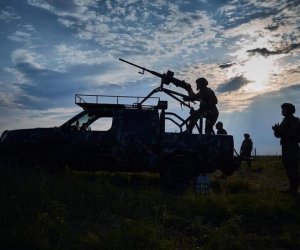
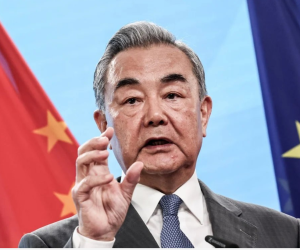
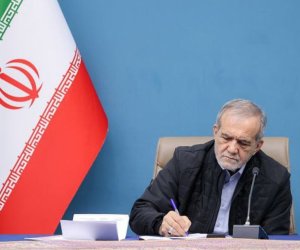

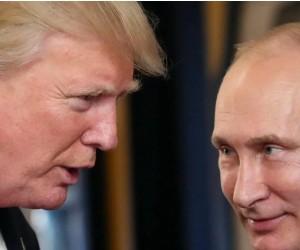
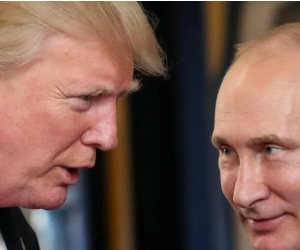
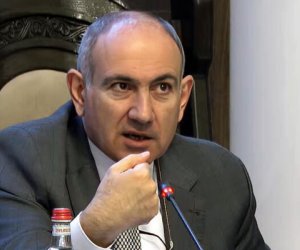
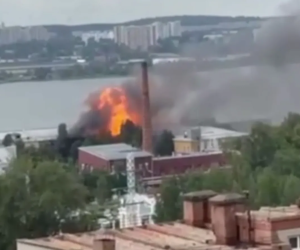



 Photo
Photo 



 Video
Video 

